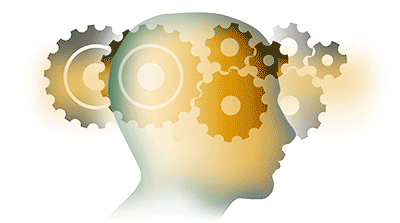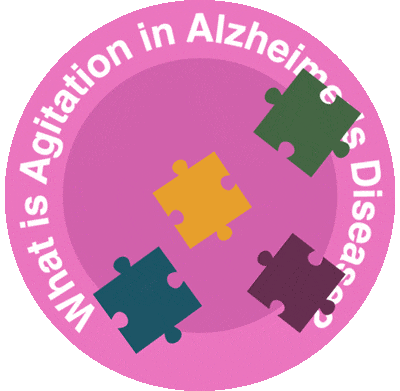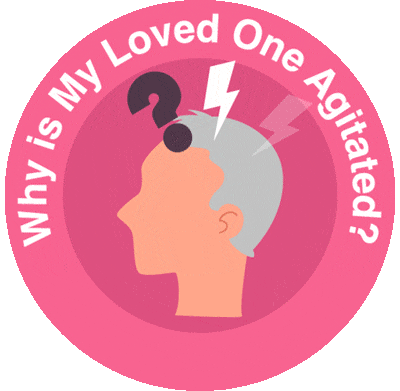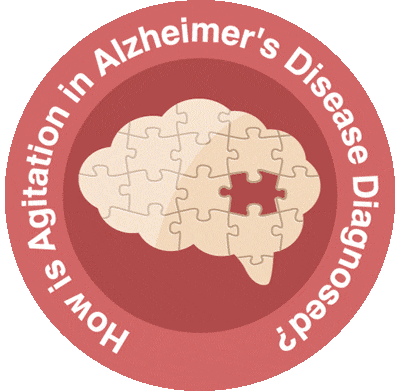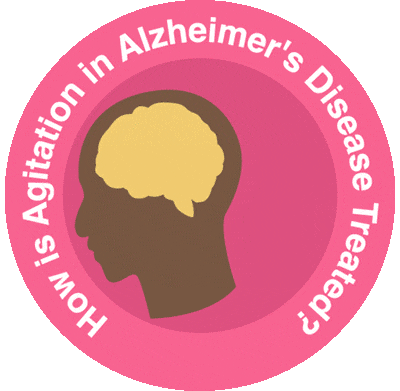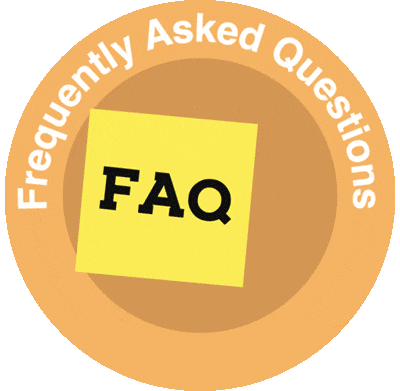
How Is Agitation In Alzheimer’s Disease Diagnosed?
Before diagnosing agitation in Alzheimer’s disease (AAD), your doctor should run a series of tests and consider other possible causes of the agitation. These include infection, dehydration, pain, and certain medications such as antihistamines, anticholinergics (eg, oxybutynin), opioids, corticosteroids, and sedatives.1,2
Your description of your loved one’s behavior is crucial to the doctor making a diagnosis. The doctor will ask you a series of questions to determine if the agitation is related to Alzheimer’s or some other cause. It’s a good idea to keep a diary for a week or two, noting episodes of agitation and what seems to trigger them.
References
- Koenig AM, Arnold SE, Streim JE. Agitation and irritability in Alzheimer’s disease: Evidenced-based treatments and the black-box warning. Curr Psychiatry Rep. 2016;18:3.
- Kales HC, Gitlin LN, Lyketsos CG; Detroit Expert Panel on Assessment and Management of Neuropsychiatric Symptoms of Dementia. J Am Geriatr Soc. 2014;62:762-769.
- NIA. Managing personality and behavior changes in Alzheimer’s. 2017 (www.nia.nih.gov/health/alzheimers-changes-behavior-and-communication/managing-personality-and-behavior-changes). Accessed 11/2/23.
- NIA. Tips for managing agitation, aggression, and sundowning. 2/2022 (https://order.nia.nih.gov/sites/default/files/2023-01/manage-aggression-agitation-sundowning.pdf). Accessed 11/2/23.
